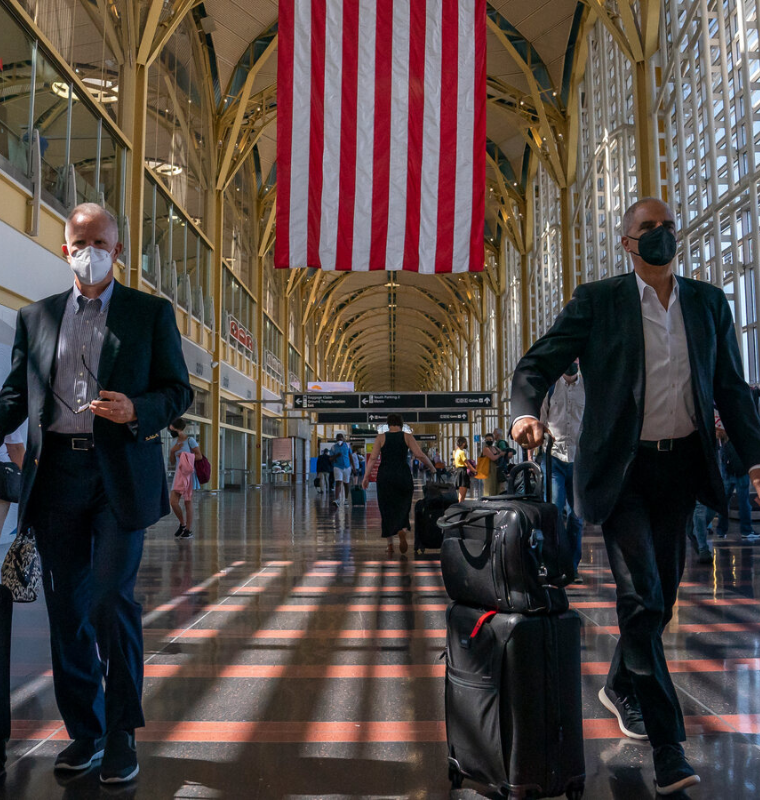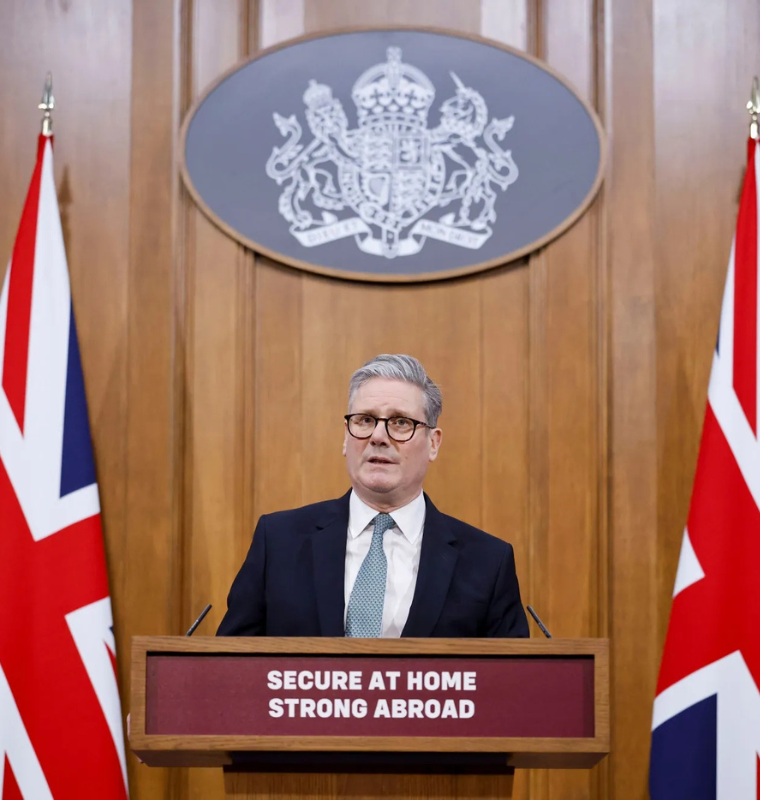White House Ousts CDC Director Susan Monarez After Clash Over Health Policy
White House Ousts CDC Director Susan Monarez After Clash Over Health Policy
By
Rachel Steinberg
Last updated:
August 28, 2025
First Published:
August 28, 2025
.jpg)
Photo: Bloomberg.com
Leadership Shake-Up at the CDC
In a dramatic move, the White House announced on Wednesday that it had fired Centers for Disease Control and Prevention (CDC) Director Susan Monarez after she refused to resign when asked. Her removal sparked an immediate wave of resignations, with at least four other senior CDC officials stepping down the same day, plunging the nation’s top health agency into turmoil.
The reshuffling comes at a sensitive time, just weeks after a gunman opened fire at the CDC’s Atlanta headquarters on August 8, killing a police officer and raising fresh concerns about the safety of staff.
Why Monarez Was Forced Out
White House spokesperson Kush Desai said Monarez was dismissed because she was “not aligned with the President’s agenda of Making America Healthy Again.” According to the administration, Monarez had already signaled her intent to step down but later refused to resign when pressed by the Department of Health and Human Services (HHS).
Attorney Mark Zaid, representing Monarez, disputed the White House account, saying she refused to “rubber-stamp unscientific, reckless directives” and chose to prioritize public health over political agendas.
Monarez, a career government scientist, had only been sworn in on July 31. She made history as the first Senate-confirmed CDC director, following a law passed during the pandemic requiring congressional approval for the position.
High-Profile Resignations Follow
Within hours of her firing, four top health officials submitted their resignations:
- Dr. Debra Houry, Chief Medical Officer
- Dr. Demetre Daskalakis, Director of the National Center for Immunization and Respiratory Diseases
- Dr. Daniel Jernigan, Director of the National Center for Emerging and Zoonotic Infectious Diseases
- Dr. Jennifer Layden, Director of the Office of Public Health Data, Surveillance, and Technology
In her resignation letter, Houry warned that budget cuts and structural changes would cripple the CDC’s ability to address chronic diseases such as diabetes, hypertension, cancer, and opioid addiction, as well as mental health challenges.
Daskalakis, in his own letter, cited “the ongoing weaponizing of public health” as his reason for leaving.
The Timing Couldn’t Be Worse
The upheaval coincided with the Food and Drug Administration’s announcement of new restrictions on who is eligible for the latest round of COVID-19 vaccines, a move that has already sparked debate among health professionals.
The crisis has also rattled CDC employees. Monarez had planned a meeting to reassure staff about workplace safety after the Atlanta shooting, but it was abruptly canceled just days before her dismissal.
Political Overtones
The CDC leadership battle has drawn sharp political undertones. President Donald Trump nominated Monarez only after withdrawing his first pick, former Republican congressman Dave Weldon, whose vaccine skepticism drew intense criticism.
The decision to oust Monarez underscores growing tensions between career scientists at the CDC and a White House determined to exert tighter control over public health policy.
What’s Next for the CDC
The agency, which employs more than 12,000 people and oversees public health preparedness, is now facing a precarious moment. Analysts warn that the simultaneous exit of so many senior officials could delay critical public health initiatives, from managing infectious diseases to tackling chronic illness prevention.
With trust in U.S. public health institutions already under strain following the pandemic, the leadership crisis threatens to deepen skepticism and reduce confidence in one of the world’s most important health agencies.
The coming weeks will determine whether the White House can stabilize the CDC or whether the fallout from Monarez’s firing will further weaken America’s public health response at a time of heightened global and domestic health risks.
Popular articles
Subscribe to unlock premium content
How Blue Bottle Coffee Became a $700M Specialty Coffee Icon

Gordon Moore: The Man Behind Moore’s Law and the Tech Revolution

How Shein Became a Fast Fashion Powerhouse Without Traditional Advertising

How Blue Bottle Coffee Became a $700M Specialty Coffee Icon

Gordon Moore: The Man Behind Moore’s Law and the Tech Revolution

How Blue Bottle Coffee Became a $700M Specialty Coffee Icon









